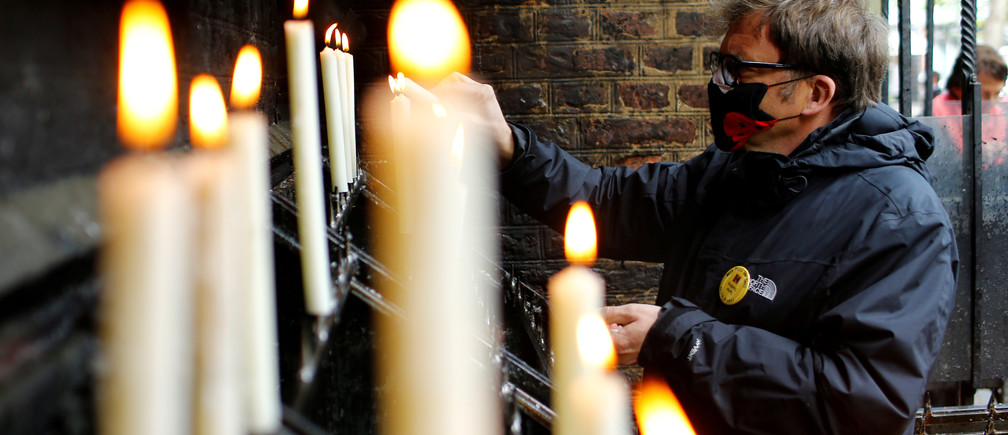If you knew Steve Jeffers, you know why I wish we could hear his voice as COVID-19 disturbs the world. Readers unfamiliar with him will want to know that each year the Council presents an award named for him.
The Rev. Steven L. Jeffers, PhD, founded and directed the Institute for Spirituality in Health at Shawnee Mission Medical Center, now named Advent Health Shawnee Mission. Before that, he was a seminary professor with congregational service. His magnum opus, which I had the privilege of working on with him for several years before his 2008 death in a car accident, and along with two others, helped to edit, is The Essential Guide to Religious Traditions and Spirituality for Health Care Providers, published in 2013 in hardback (740 pages), with contributions from several Council members.
Steve envisioned this book from his encounters with religious diversity in Kansas City. He brought health care providers and leaders of many faiths to the hospital to enhance the ministration of those suffering from disease or accident. I think he would have responded to our pandemic first with concern for the patients and hospital team, but he quickly would have also addressed the complicated context of the community. His goal would have been to further healing through the spiritual dimension appropriate for each situation, and enlist and challenge faith communities to address this question: What transcendent meaning or meanings can we find in this pandemic? I will not presume to guess how Steve, from his own expansive, loving Christian faith, might have answered. But I know Steve would have pushed me toward my own answer.
I would cite the 2001 “Gifts of Pluralism” conference wisdom from the three families of faith.
- From Primal faiths: “Nature is to be respected, more than controlled; it is a process which includes us, not a product external to us to be used or disposed of. Our proper attitude toward nature is awe, not utility.” An ironic example is the improvement of air quality in polluted cities when COVID-19 required industrial shutdowns.
- From Monotheistic traditions: “The flow of history toward justice is possible when persons in community govern themselves less by profit and more by the covenant of service.” An example: “six degrees of separation” make us aware of serving one another with healthy behaviors before unnecessary profitable consumption.
- From Asian religions: “Who we are is deeper than we appear to be: this means our acts should proceed beyond convention, spontaneously and responsibly from duty and comparison, without ultimate attachment to their results.” An example: without ultimate attachment, we can learn to enjoy the gifts of the present.
International opera star (and Prairie Village resident) Joyce DiDonato put this latter insight this way. “[We] have all been plunged into a Buddhist boot camp where our only sane option is to truly live in the moment.” This reminded me of the Zen story of the man discovering a tiger behind him. Fleeing, the man came to the edge of a cliff. There he grabbed a vine to swing over the edge, only to see another tiger at the bottom of the cliff, sniffing.
The vine alone kept him between tiger jaws. Then two rats appeared at the top of the vine, gnawing it away. Near him was a luscious strawberry, which he grasped with one hand. How delicious! A fuller version of this story and a Christian sonnet interpreting it is found HERE.
In a way, this lesson arose more recently in the 1943 “Serenity Prayer” from Christian theologian Reinhold Niebuhr: “God, give us grace to accept with serenity the things that cannot be changed, courage to change the things that should be changed, and the wisdom to distinguish the one from the other.”
The gift and trick within this terrible time may be to learn to abandon unfulfillable fantasies crushed by the new realities, to cherish our feelings of loss and grief without letting them direct our behavior, to accept the embrace of cosmic companionship even in isolation, and — while planning faithfully as best we can for what lies ahead — to enjoy the loves, the friendships, and the opportunities to serve others as long as we live.
The Reverend Dr. Vern Barnet

